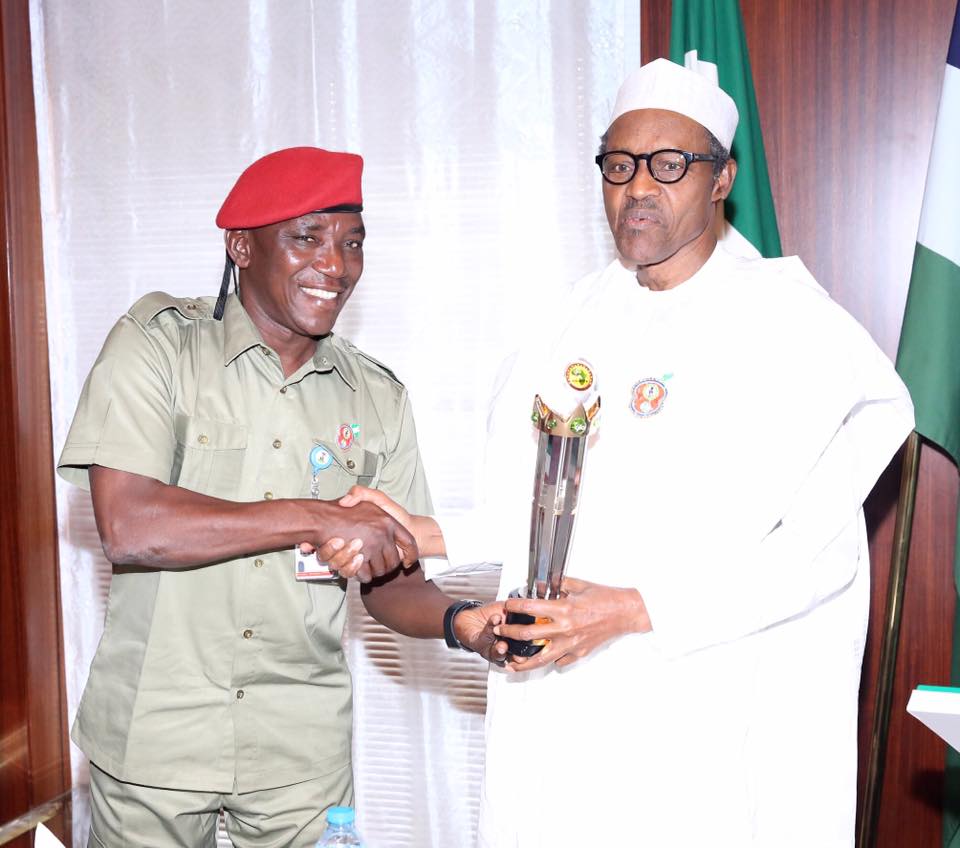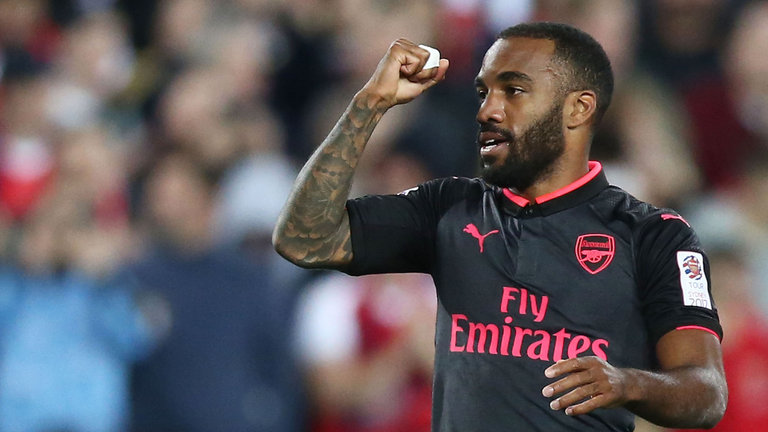Tasks before newly inaugurated boards of Sports Federations

The recently concluded Sports Federations elections in Nigeria was not without controversies and acrimony. It cut a perfect picture of the archetypal Nigerian elections, whether into government office or otherwise.
There was a healthy dose of intrigues, backstabbing, violence and threats.
One of the contestants Mr. Olukayode Thomas, who contested for the presidency of the Athletics Federation of Nigeria and lost was a very bitter man.
He repeatedly accused the Minister of Sports, Barr. Solomon Dalung of assembling a biased electoral team and changing delegates to predetermine the results.
He threatened darkly, that he was in the process of submitting a powerful petition to the National Assembly on the matter.
This however did not prevent Dalung from inaugurating the officials of the 31-member sports federation a few weeks later.
At that event, he urged all the federations to cultivate the habit of meeting regularly, and in his suggestion, at least once every quarter.
He tasked them further on the need to boost membership and far more importantly, to engage in fundraising activities. In conclusion, he strongly advised them to be transparent in their finances in order to reflect integrity.
Unfortunately for the new federation officials, the minister was very clear on the issue of funds for the administration of their federations. The message was simple – There will be no additional government funding apart from the usual allocations.
The ability of these federations to generate funds on their own remain their biggest challenge. In the past, they relied heavily on government and corporate organizations to fund their activities and programmes.
Organisations such Mobil, Globacom and other organizations pumped millions of Naira into sports sponsorships. Globacom for example, was at the forefront of sports sponsorship, particularly football since 2003.
It actively supported all National football teams; the Nigeria Professional Football League and even the Nigeria Football Supporters Club activities. As at the time Globacom withdrew this crucial support lifeline, it had expended over N8 billion on Nigerian sports.
With the arrival of the League Management Company, it pulled out of the Nigeria Professional Football League. Globacom did not offer any reasons for its withdrawal, but many observers suspect that it bothered on funds management, outright corruption and wastage.
They suspect that after carrying out a careful cost-benefit analysis of their intervention, the pulled out in spite of the clear-cut social responsibility advantages it enjoyed.
Similarly in early 2011. Mobil Oil Producing, the sole sponsor of the All Nigerian Open Athletics Championships withdrew their 21-year-old sponsorship. Like Globacom, the organisation did not offer any apparent reason for its withdrawal.
However, the information that eventually leaked to the press at that time was that the organisation cited increasing cost of the programme and certain image challenges.
Apparently, unknown to outsiders, Mobil staff in charge of the programme were having frequent face-offs with Athletics Federation’s staff and journalists. They were regarded as being arrogant and over-bearing and this forced Mobil to look critically inwards and call a halt to the programme.
And just like Globacom, it did this in the face of the fact that the programme provided them a platform for unprecedented visibility and image enhancement.
In the final analysis, these two giants in spite of investing billions of Naira, realised that they were failing in their attempts to improve sports in the country and honorably called it quits.
In the case of Mobil, the Athletics Federation of Nigeria was stunned. All their attempts to persuade Mobil to have a change of heart failed woefully and the matter died a natural death.
One of the newly inaugurated federation presidents, Honorable Ibrahim Gusau of the Athletics Federation of Nigeria took time to pick his words at his swearing-in.
“There is so much we could do for athletics in Nigeria. I am calling on everyone that is a stakeholder and even those who are not, but have passion for the sport, to all come out so that we can work together.
We need to go back to those beautiful days of Mary Onyali, Sunday Bada, Chidi Imoh, The Ezenwa brothers who were getting medals left, right and centre,” he said.
His Vice President, Honorable Olamide George made a direct appeal to former sponsors.
“The private sector must wake up to revive Mobil sports, Chevron events and other sponsors. We should not leave the funding of sports to government alone. All of us, the individuals, the private sector and sponsors must come together,” he pleaded.
These appeals fall short in the face of reality. Nigerians will recall that before the Rio Olympics, they were shocked to wake up to a GoFundMe appeal launched by Nigerian silver medalist, Regina George on the internet.
She launched the appeal to raise $4000 dollars to enable her represent Nigeria for the second time at the Rio Olympics after winning silver in 2012.
George cited the short notice from the government who asked them to sponsor themselves as reasons for her appeal. Fortunately for her, she received instant support from sympathizers and her target was met within two days with extra $300 to spare.
Needless to say, the media and the internet was awash with criticisms of the Nigerian government’s heartless treatments of its sportsmen.
The story of our Olympic football team to the same Rio was another shocker. But for the quick intervention and patriotism of John Obi Mikel, the captain, the team would have been stranded and disgraced without funds.
When examined against how other nationalities enjoy government support and sponsorships, the Nigerian condition is simply put, appalling.
According to an article published on the US website “Sports management Degree Hub”, the top five richest American Olympians support their careers through private endorsements.
Every year, thousands of American sports people are able to afford their education through scholarships from organizations such as the National Collegiate Athletic Association (NCAA) or from their sporting activities getting noticed.
Sports tournaments are strictly sponsored by their associations together with sponsors from corporate America.
It can therefore be seen that the structure of their system already makes a significant effort in supporting their sportsmen. It provides a solid platform for take-off and hope for a successful career.
A one-time lawyer to one of the sports federations who prefers to remain anonymous as he is still very active in Nigerian sports, gave an insight into how these federations are managed.
“The officials and staff come to work as they please. Some do not show up for a few days claiming external engagements. Their offices are nothing to write home about.
Whatever government releases to them as allocations does not reflect on their activities. You begin to wonder what they do with such monies.
Let me tell you the truth, they are not in any position to attract private sector sponsorship in a depressed economy. It would be like trying to squeeze water out of stone. It is a hopeless situation,” he lamented.
The UK, Australia, Korea, China, Russia and a host of others have well-oiled programmes to sponsor sports in their domain. These are clear examples of countries whose governments have invested heavily in the Olympics; football and other sports are reaping bountifully from such investments.
Not until sports truly become part and parcel of government thinking, plans and strategy, we seem to be doomed with continous struggle for funds and sponsorship’s in order for our athletes to compete at the global stage.
QUOTE: “Unfortunately for the new federation officials, the minister was very clear on the issue of funds for the administration of their federations. The message was simple – There will be no additional government funding apart from the usual allocations. The ability of these federations to generate funds on their own remain their biggest challenge. In the past, they relied heavily on government and corporate organizations to fund their activities and programmes.”
Frank Jumbo








